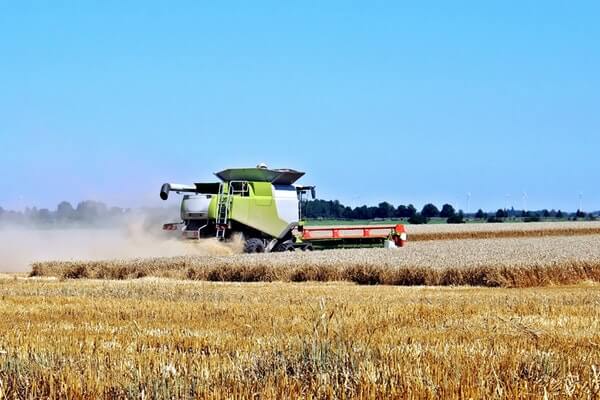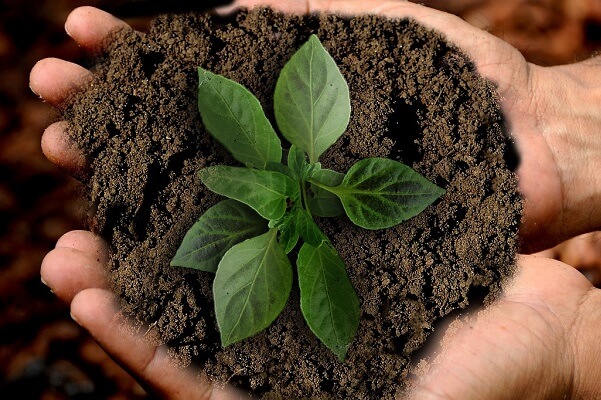What you need to know about Agronomy – Part 1
Agronomy promotes sustainability in the agricultural sector, which helps to reduce climate change. This science, and the technology associated with it, has a far-reaching impact on our lives. Find equipment for sale on AgriMag and increase the sustainability of your farm.

What is agronomy?
Agronomy is the science of growing crops from a holistic perspective. It involves information about the characteristics of the soil as well as interactions between the soil and specific crops. Agronomy also considers the nutrients specific crops require and the best practices for administering these nutrients. This science gives us insight into crop development and the impact of environmental conditions on crop growth. It also offers guidance on how to protect crops from weeds and pests. Another aspect of agronomy is the development of the best methods to increase crop yields and profits while reducing damage to the environment.
Sustainable agronomy
According to the science of agronomy, sustainability is achieved by producing sufficient amounts of food to meet the needs of the world’s population without negatively impacting the environment. The nutritional quality and affordability of the food is another important aspect of sustainable agronomy. Agronomists aspire to achieve food security while safeguarding our natural resources. This means that they keep the needs of the world’s current population in mind while considering the wellbeing of future generations.
One innovative solution used to achieve these goals is precision agriculture, which uses advanced technology to obtain data that optimises farming practices. Data from geographic tools is combined with various other information to determine when and how to apply fertiliser for the best results and minimal environmental impact. Integrated pest management technology is also used to achieve sustainability in the agricultural sector. Essential technology in this field includes crop residue management and agroforestry systems. Biological process is also considered in sustainable agronomy. The end result is improved yields, decreased expenses, and reduced harm to the environment.

Influence on the environment
Agronomy includes information about the best practices that can be applied to produce sufficient food while achieving environmental sustainability. As research has generated more information over time, these best practices have been enhanced. This science can be used to produce food while looking after the environment. The regeneration of land is also made possible as part of this process. While previous farming methods increased yields, they also damaged the environment. Depleted soil and disrupted biochemical cycles are some of the negative impacts that these methods produce. Other outcomes include increased greenhouse gas levels and depleted water resources. Agronomy helps to achieve the best results while minimising these negative outcomes.
Effect on climate change
With rising awareness of the devastating effects of climate change, agronomy is more important than ever before. An increase in the earth’s temperature, as well as disrupted weather patterns, are having a negative impact on our environment and on the agricultural industry. Worsening droughts across the globe are disrupting food security. The frequency of floods is also on the rise. Agronomy provides farmers with the best practices to protect the environment and cope with climate change. Increased levels of carbon dioxide contribute to climate change. However, plants use carbon dioxide for photosynthesis, which means that growing plants using sustainable methods is beneficial. Promoting carbon storage in the soil can also play a role in decreasing the amount of carbon dioxide in our atmosphere.
Agronomists are developing solutions that help crops to cope with changing weather conditions. Water conservation is an important aspect of this research. Precision agriculture is a vital aspect of agronomy that is used to decrease greenhouse gas pollution by providing information that helps to ensure the optimal application of nitrogen fertilisers.

Now that you know more about agronomy, you can boost the sustainability of your farm by investing in the right equipment. Find affordable equipment for sale on AgriMag.




